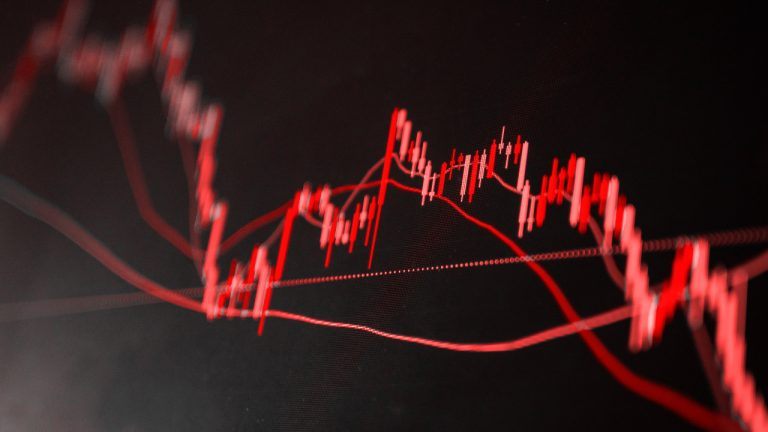ARTICLE AD BOX
TLDR
- Bitcoin reached a new all-time high of $106,000 amid strong institutional buying through OTC desks, with balances dropping by 25,000 BTC in 30 days
- Federal Reserve is expected to announce a 25 basis point rate cut, bringing rates to 4.25%-4.5%, though messaging may indicate fewer cuts in 2024
- OTC desk balance data shows the steepest decline this year, with 40,000 BTC leaving desks since November 20th
- Price momentum is supported by increased trading volumes and sustained buying pressure
- Seasonal patterns and potential regulatory shifts under President-elect Trump’s administration continue to provide tailwinds for Bitcoin
Bitcoin has blazed past $106,000 to set a new all-time high, driven by accelerating institutional purchases and dwindling supply across over-the-counter (OTC) trading desks.
Data from CryptoQuant reveals OTC desk balances have experienced their sharpest decline of 2024, with 25,000 BTC withdrawn in the past 30 days alone. The trend intensified in mid-November, as total withdrawals reached 40,000 BTC since November 20th.
These OTC desks serve as crucial trading venues for institutional investors and wealthy individuals looking to acquire large amounts of Bitcoin without disrupting spot market prices. The rapid depletion of OTC reserves points to aggressive accumulation by deep-pocketed buyers.
Trading volumes have surged during key price advances, indicating broad participation from both institutional and retail traders. The uptick in volume provides technical validation for Bitcoin’s price movement, suggesting the rally has strong fundamental support.
The Federal Reserve is preparing to announce its final rate decision of 2024, with markets widely anticipating a 25 basis point cut that would bring the benchmark rate to 4.25%-4.5%. This would mark the fourth consecutive rate reduction since September, totaling 100 basis points in cuts.
However, the Fed’s forward guidance and updated dot plot of rate projections may signal a more measured approach to future cuts than some market participants expect. This potential shift in messaging could create short-term headwinds for risk assets like Bitcoin.
Technical indicators show Bitcoin maintaining a clear upward trend, characterized by a series of higher highs and higher lows. The price remains well above both the 50-day and 200-day moving averages, traditionally viewed as key support levels.
 Bitcoin Price on CoinGecko
Bitcoin Price on CoinGeckoThe Relative Strength Index (RSI) currently reads near 70, indicating strong upward momentum while also suggesting the possibility of near-term consolidation as the market digests recent gains.
December has historically been a strong month for Bitcoin performance, with end-of-year rallies forming a recurring pattern. This seasonal tendency appears to be playing out in 2024 as well.
Market sentiment has received an additional boost from statements by President-elect Trump suggesting a more favorable regulatory environment for cryptocurrencies may be on the horizon. This potential shift in the regulatory landscape has helped sustain buyer confidence.
Analysis of Bitcoin’s apparent demand, which measures net market absorption, shows sustained growth since November. This metric has remained consistently positive, indicating that buying pressure continues to outpace selling across trading venues.
The combination of institutional accumulation and broader market demand has created conditions for a supply squeeze, where available Bitcoin becomes increasingly scarce relative to buyer interest.
Chinese monetary policy is poised to inject additional liquidity into global markets, potentially providing another tailwind for Bitcoin prices despite any near-term caution from the Federal Reserve.
Friday’s upcoming Personal Consumption Expenditures (PCE) report, the Fed’s preferred inflation gauge, could influence market expectations for the pace of rate cuts in 2024. A cooler reading might reinforce gradual easing expectations, while higher inflation could strengthen the case for continued Fed hawkishness.
OTC desk balance data indicates this has been the most aggressive period of institutional accumulation in 2024, suggesting strong conviction among large buyers even at current price levels.
 8 months ago
393849
8 months ago
393849










 English (US) ·
English (US) ·